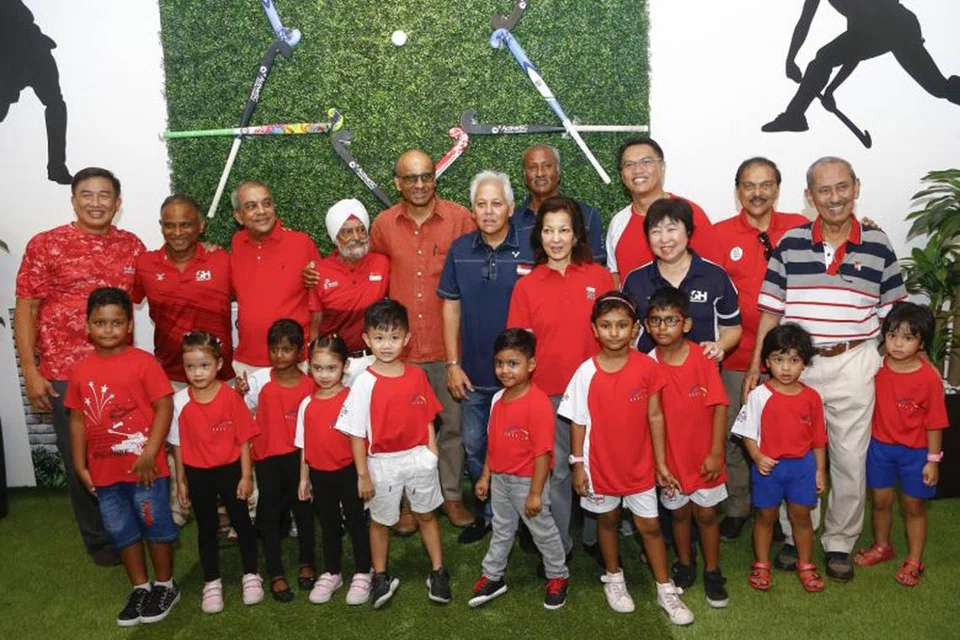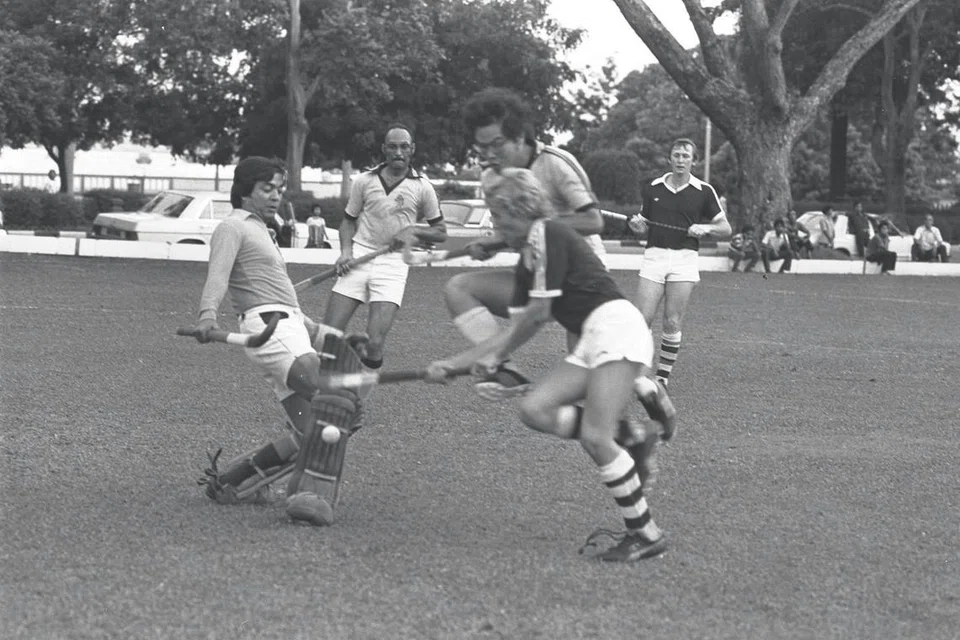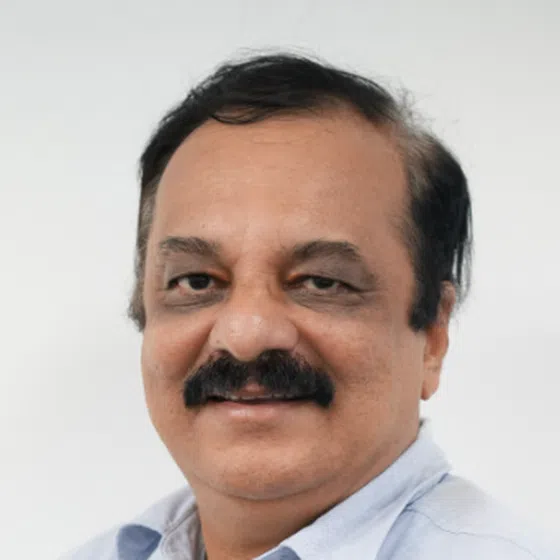Anwarul Haque, Singapore’s pioneering Olympic hockey goalkeeper and one of the nation’s most celebrated sportsmen, passed away from age-related illness on June 23 at the age of 85.
Widely regarded as a fearless figure on the field and a respected leader off it, he leaves behind a legacy that transcends sport.
Once hailed as the world’s best goalkeeper by A.S. Dara, then chairman of the International Hockey Federation’s technical committee, Anwarul’s impact on Singapore’s sporting landscape was immense.
Born in 1939 in Singapore, he was the eldest of seven children and quickly rose through the hockey ranks, displaying a rare blend of talent, tenacity and tactical brilliance.
Anwarul’s international career began in 1956 when he was a junior on the Singapore team at the Melbourne Olympics. A year later, he became a full international, and in 1964, he was one of four Singaporeans selected to represent Malaysia at the Tokyo Olympics, where the team finished ninth out of 15.
He also represented Singapore at the 1962 and 1970 Asian Games, finishing fifth in both, and helped the national side win silver at the 1971 Southeast Asian Peninsular Games.
Inside-right Devinder Randhawa, 76, who played along with Anwarul at the 1970 Asian Games in Bangkok and the 1971 SEAP Games in Kuala Lumpur where Singapore won silver, said: “Undoubtedly, Anwarul was the best goalkeeper I ever played with. He was sharp and brave. Those days the goalkeepers did not have much protection. I have seen him stop shots with his bare chest. He was talented and very quick. He built a formidable reputation from his school days at Beatty Secondary.”
Anwarul’s fearlessness was legendary. In a 1993 interview, he famously said: “I’ve stopped hockey sticks with my face. My friends still remind me how I once headed the ball away. I didn’t know the meaning of fear when I was in goal.”
Former teammate Harbajan Singh Loomba, 88, recalled their time together fondly: “Anwarul was an outstanding goalkeeper. He would use his hands, legs, anything to block the ball. Even after becoming a lawyer, he remained humble and friendly – a true gentleman.”
Another teammate, M. Jeevananthan, 69, remembered a 1972 match against the Indian Association. “Anwarul saved 16 shots on goal that day. He was the Ceylon Sports Club captain and led us to a 2-0 win. He was incredible.”
Off the pitch, Anwarul pursued an equally distinguished legal career. Graduating with honours in law from the University of Singapore, he went on to serve as a magistrate, district judge and deputy director of the Legal Aid Bureau.
He retired from international hockey in 1972 and the local scene in 1978 but continued to shape the game, serving on the Singapore Hockey Association’s management committee and as its president from 1985 to 1992.

He was also deeply involved with the Singapore Cricket Club (SCC), where he was a progressive force for gender equality. As SCC president from 2001 to 2008, he oversaw key changes that opened voting rights and club spaces to women for the first time in over a century. “Times have changed,” he said then. “I had fought for women to be more active in this club since the day I became a general committee member.”
In 2009, Anwarul was appointed to the inaugural executive committee of the Singapore Olympians Association, where he mentored young athletes and helped promote Olympic values in Singapore.
Anwarul is survived by his wife Rita Minjoot, sons Shehzad, Tariq and Kamil, and three grandchildren.
Son Shehzad’s tribute
My dad was a wonderful personality who was an inspiration to many and, in particular, to me. He inculcated his love of sports in me from a very young age (Shehzad is 49 now).
He always encouraged me to play as many sports as possible, and it was one of the reasons he sent me to boarding school in the UK.
But, because of the dangers he had faced in hockey, he never pushed me in that direction. And I’m glad I never went down that path and face comparisons with such a legend!
It was never easy to please him. When I was playing international cricket (for Singapore from 1994 to 2001), he would quietly watch me and then give his review of my performance, often wanting me to demand more of myself. While I sometimes resented it, I later appreciated what he was aiming to do.
He taught me to uphold the Haque name and had high hopes of his grandsons continuing the tradition of representing Singapore. At my wedding he even joked that my wife and I should produce the next Tiger Woods. Neither of my sons has shown a love for golf yet, but I know whatever they will achieve in life, they will do him proud.


